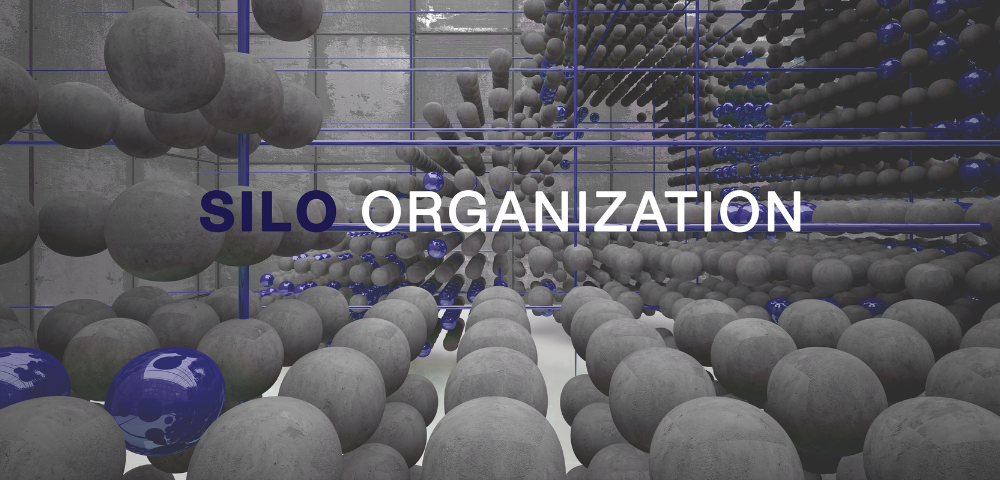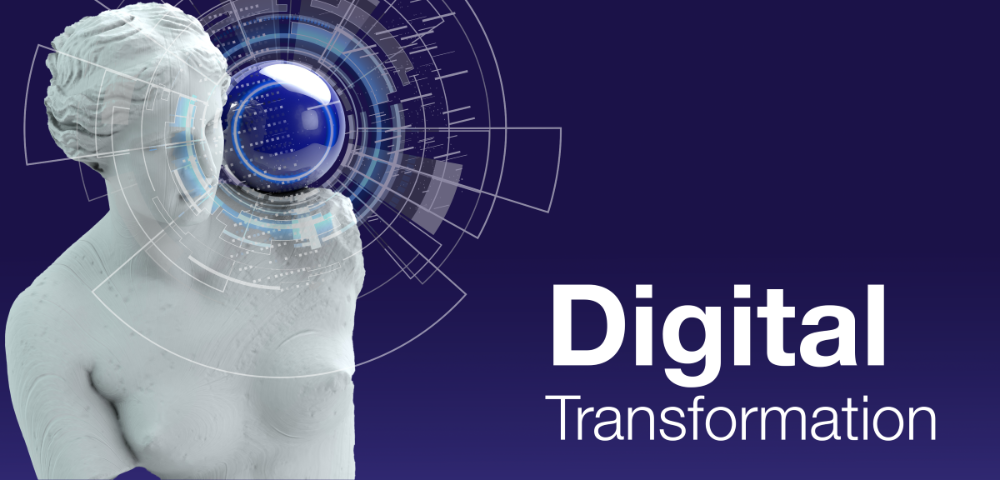Believe in yourselves, dream big, and soar high because the truth is, for the potential of both men and women, the sky is the limit!
On November 8, a joint conference of the United Nations Association of Georgia (UNA) and the World Federation of United Nations Associations Partnership for Impact Tbilisi Conference: from Blueprints to Breakthroughs took place.
The conference included a panel discussion "The Role of Partnerships in Advancing Gender Equality", where attention was focused on the multifaceted aspects of gender equality and women's empowerment. Panelists emphasized the need for women's active participation in public life, which leads to more stable societies. Challenging conditioned beliefs about male superiority was encouraged, and opportunities and empowerment were advocated without judgment. The need to support women to break the glass ceiling was acknowledged, and the importance of empowering women in technology was highlighted. Overall, the panel emphasized the importance of collaboration and empowerment as essential tools for advancing gender equality.
Tinatin Rukhadze, the founder of ACT, business leader and management consultant, served as a keynote speaker on the panel. During her speech, titled "From Self-Doubt to Success: Empowering Women”, Tinatin Rukhadze addressed the prevalent challenges and barriers often experienced by women.
We're thrilled to share Tinatin Rukhadze’s inspiring speech, “From Self-Doubt to Success: Empowering Women,” in its entirety, unaltered and powerful, as she shares her journey and insights!
From Self-Doubt to Success: Empowering Women
Let me share my personal story, one that I hope will inspire you. I was fortunate to be raised by an incredibly strong woman, my grandmother, who played a leading role in our family. From a young age, I never perceived women as weak. This belief became the guiding principle of my life, and it led to remarkable journeys and accomplishments. Yet, to my surprise, one day I discovered that the most significant obstacle to my personal growth and the realization of my potential was tied to my own identity as a woman.
We founded our company, ACT, in 2002, and in the years that followed, we experienced rapid growth. By 2008, we became the largest research company in Georgia, and by 2014, we had expanded to include offices in Baku and Almaty. However, from 2014, our company's growth began to stagnate, and the old formula for success no longer yielded results. As the company's managing partner and visionary leader, I was deeply troubled by this. I continually asked myself, "What are we doing wrong? What changes are needed to reignite our growth?" But the answers remained elusive.
One day, I traveled to our Almaty Office for business. I chose to utilize the four long hours of the flight for a deep introspection. My thoughts were fixated on the same unresolved questions. "Why can't I generate new ideas? Why can't I find a solution?" I kept asking myself. After a series of "whys," my subconscious delivered a shocking response: "because you are a woman." I was taken aback by my own thoughts. How could I, an advocate for the strength and equality of women, harbor such limiting beliefs? I recalled instances where I had been told, "you have the brain of a man," "you think like a man," "you are brave like a man," and I realized that deep down, I had been conditioned to believe in the superiority of men. Despite "thinking like a man," I am not a man. So, I had unwittingly limited my own success, believing that, as a strong woman, I could never achieve as much as a man could.
The discovery and subsequent release of this limiting belief brought about radical changes in both my life and my business. With a new vision, we transformed ACT's business model and developed a consulting division. Today, the company is three times larger than it was in 2014, operating in 34 countries, and we believe there are no limits to our growth.
My journey and interactions with other women entrepreneurs have taught me three important lessons:
First: The most significant barrier to women's development is often their own limiting beliefs, which can be deeply ingrained and go unrecognized. These beliefs are often fostered by family, education, societal norms, and real-life inequalities. Common limiting beliefs include "I'm not good enough," "I don't deserve more success," "I can't do it," "I can't change," "It's not worth it," "I can't trust people," and "No one will help me."
The second major barrier is the fear of failure, the fear of societal condemnation (fear of being labeled as inadequate wives or mothers), and even the fear of success itself (fearing significant changes and societal disapproval for being seen as ambitious careerists).
Lastly, the third barrier is the lack of a supportive environment, be it in the form of people or systems that empower women, provide access to resources, or offer emotional support.
In closing, to empower women, I encourage you:
Don't say no; give us a chance.
Don't test us; share with us.
Don't judge us; empower us.
And, to all women, I would say: believe in yourselves, dream big, and soar high because the truth is, for the potential of both men and women, the sky is the limit!






